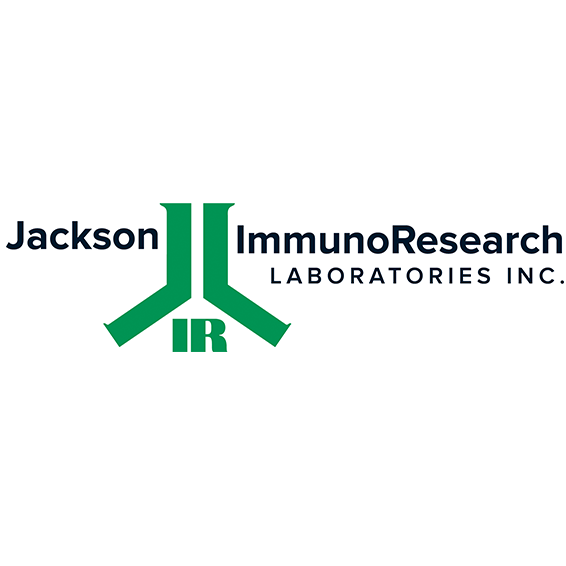Ziege IgG anti-Alpaka IgG2+IgG3-HRPO, MinX Bo,Hu,Ms,Rb,Rt

-
Übersicht
Artikelnummer 128-035-229 Wirtsspezies IgG-Form Spezies-Reaktivität Spezifität Isotyp Klonalität (Mono-/Polyklonal) Anwendung Durchflusszytometrie (Flow Cytometry), ELISA (Enzyme Linked Immunosorbent Assay), Immuncytochemie, Immunhistochemie (Gefrierschnitte), Immunhistochemie (IHC), Immunhistochemie (Paraffingewebe)
Konjugation Keine Kreuzreaktivität (MinX) mit Verdünnung ELISA 1:5.000 – 1:100.000, Histo-/Zytochemie 1:500 – 1:5.000, Western Blot (ECL): 1:10.000 – 1:200.000, Western Blot (non-ECL): 1:5.000 – 1:100.000
Format 15 mg/ml BSA (IgG- und Protease-frei), 250 mM NaCl, affinitätsgereinigt durch antigenspezifische Affinitätschromatographie, in 10 mM PBS (pH 7,6), Lyophilisat
Anwendungshinweis Reagiert auch mit Schwere-Ketten (HC) IgG-Antikörper des Llamas, Subklassen 2 und 3., Schwere-Ketten (HC) IgG-Antikörper des Alpkakas, Subklassen 2 und 3
Zweckbestimmung Produktlinie / Thema Hersteller / Marke - Datenblätter und Downloads
-
Weitere Produktinformationen
Whole IgG antibodies are isolated as intact molecules from antisera by immunoaffinity chromatography. They have an Fc portion and two antigen binding Fab portions joined together by disulfide bonds and therefore they are divalent. The average molecular weight is reported to be about 160 kDa. The whole IgG form of antibodies is suitable for the majority of immunodetection procedures and is the most cost effective.Based on immunoelectrophoresis and/or ELISA, the antibody reacts with heavy chain (HC) alpaca IgG, subclasses 2 and 3. It also reacts with HC llama IgG, subclasses 2 and 3. No antibody was detected against alpaca or llama IgG1, light chains or non-immunoglobulin serum proteins. The antibody has been tested by ELISA and/or solid-phase adsorbed to ensure minimal cross-reaction with bovine, human, mouse, rabbit, and rat serum proteins, but it may cross-react with immunoglobulins from other species.
Conjugate
Horseradish peroxidase (HRP) conjugates are prepared by a modified Nakane and Kawaoi procedure (J. Histochem. Cytochem. 1974. 22, 1084). Peroxidase conjugates are commonly used for immunohistochemistry, Western blotting, and ELISA. Affinity-purified anti-horseradish peroxidase and conjugates are available for detection of horseradish peroxidase antigen or for signal amplification of HRP-containing reagents. For immunostaining of mammalian cells, an advantage of using anti-horseradish peroxidase is reduced background, since the antibody does not recognize the endogenous peroxidase-like enzymes found in those cells.
